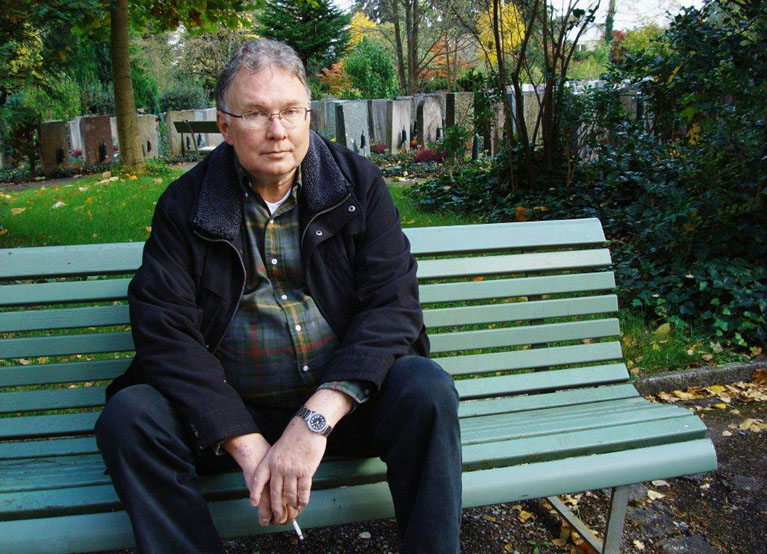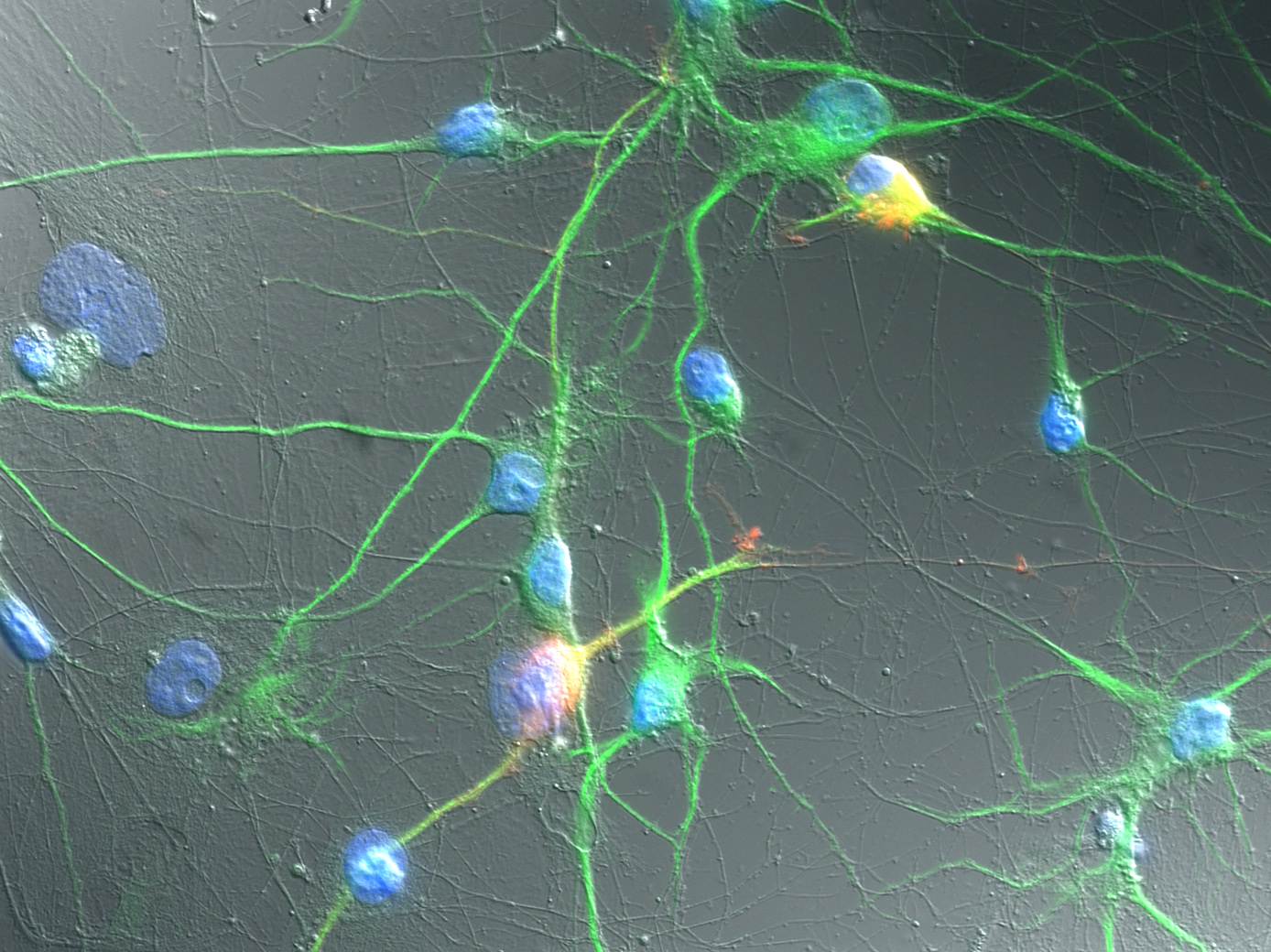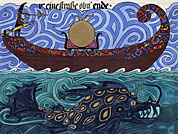Law acts against “charlatan” therapists

Consumers are to be protected from little qualified and dubious practitioners in the psychology professions through new legislation.
The law – which sees only those who have studied psychology being able to call themselves psychologists and psychotherapy training being harmonised – comes at a time when demand for mental health services is high.
The House of Representatives followed the Senate in approving the law on psychological professions on March 9.
This legislation should stop the “uncontrolled growth” in these professions, said Oskar Freysinger, spokesman for the parliamentary committee that looked into the law.
“Apart from recognised therapies by psychologists there are also practitioners with no or only very little psychological training,” he said, adding that people should expect qualified help in the “highly sensitive” area of mental health problems.
Freysinger added that it should not be forgotten that psychological needs were high in Switzerland.
Around half of the population suffer from some type of mental disorder at least once in their lifetime, according to the National Health Report 2008 by the Swiss Health Observatory.
“Milestone”
The Federation of Swiss Psychologists, the biggest group of its kind in Switzerland representing 6,500 psychologists and including 2,500 psychotherapists, has called the law a milestone.
“Until now anyone could call himself a psychologist, so the consumer couldn’t tell who was a qualified psychologist and who wasn’t,” spokesman Daniel Habegger told swissinfo.ch.
“When you are in a difficult mental health situation, it’s not always easy to evaluate who is properly qualified and who isn’t.”
The law will thus only allow those with a university Masters in psychology to use the title psychologist. Those who use it without the proper qualification will be liable to prosecution.
Psychotherapy, which is based on “talking therapies”, is also subject to new regulations. The non-medical branch – practitioners are not doctors but people with other professional backgrounds – is currently regulated by the cantons.
This has led to different accreditation criteria, with some cantons stricter than others.
Harmonisation
The law will require non-medics to have studied psychology before being accepted on a psychotherapy training course – and this training will be harmonised across Switzerland.
The move brings Switzerland into line with its European neighbours which already have similar stricter requirements for psychological professions.
“Psychologists have for a long time ensured adequate mental health care provision. There are far too few psychiatrists, so psychologists are important in institutes and private practices,” Habegger said.
He said the demand for psychological services started as early as childhood and adolescence.
Mixed reactions
Consumer groups are among those to have welcomed the law. “Switzerland has a reputation for good quality and it’s important that high quality is recognised in this area as well,” Muriel Uebelhart, head of the Swiss Consumers’ Forum, told swissinfo.ch.
However, the Association of Swiss Psychotherapists and the Swiss Charta for Psychotherapy – which want psychotherapy to be a study discipline in its own right – have criticised the legislation.
“Reducing the admittance criteria to psychology studies shuts out other important fields of knowledge in the human and social sciences which are relevant to psychotherapy,” they said in a joint statement.
For its part, the Pro Mente Sana organisation for the mentally ill pointed out in a commentary on its website that the law would neither stop dubious practitioners from offering their services under another title nor hinder vulnerable people from consulting them.
“More reflection is needed about how to protect people from unqualified work or even from charlatans in the field of the mind,” it said.
Around half of the population of Switzerland suffer from some type of mental disorder at least once in their lifetime, according to the National Health Report 2008 by the Swiss Health Observatory. Depression, anxiety disorders and substance addiction are particularly frequent.
Between 1986 and 2006, disability payments for mental health problems increased fivefold. Today they account for approximately half of illness-related disability payments, according to the report.
In 2008, 345,000 cases of depression were diagnosed in Switzerland: 118,000 mild, 185,000 regular and 42,000 cases of serious depression, says the Federal Health Office. The highest numbers of cases were among the 15-34 and 45-54 age groups. Least affected was the 65-74 age group.

In compliance with the JTI standards
More: SWI swissinfo.ch certified by the Journalism Trust Initiative





You can find an overview of ongoing debates with our journalists here . Please join us!
If you want to start a conversation about a topic raised in this article or want to report factual errors, email us at english@swissinfo.ch.